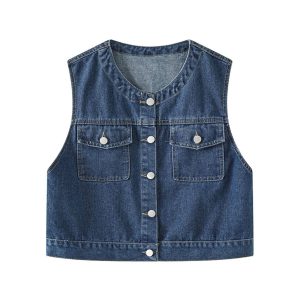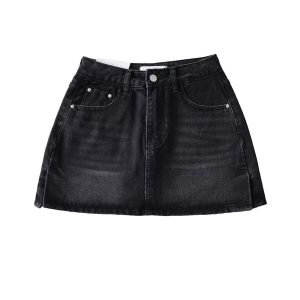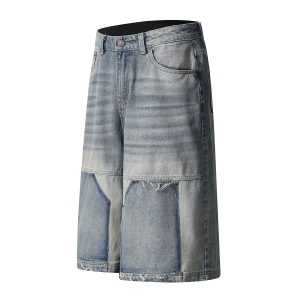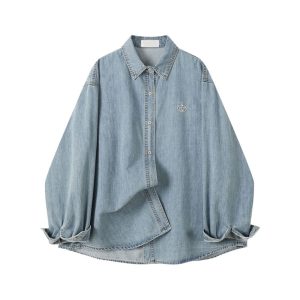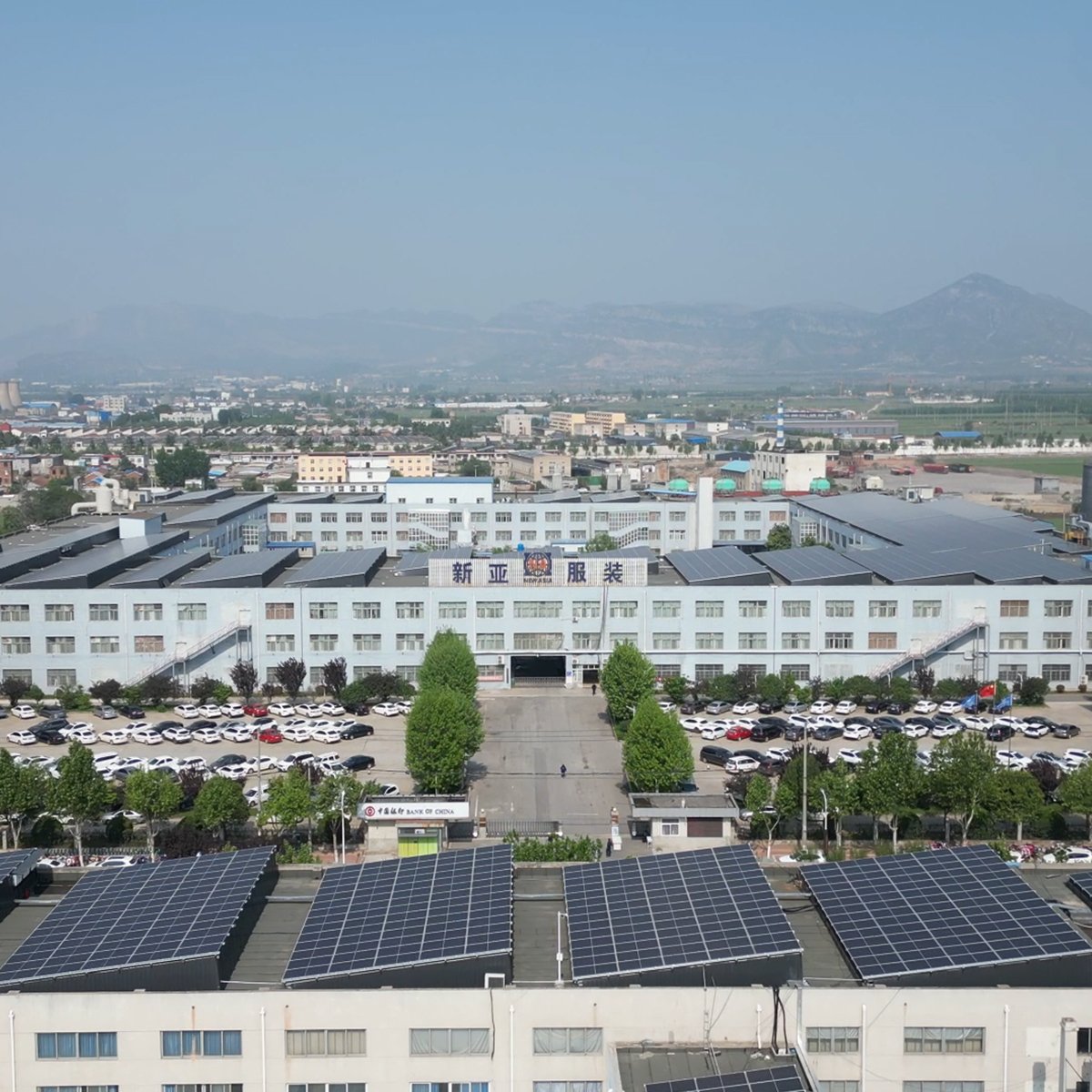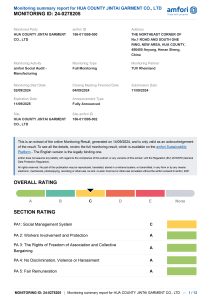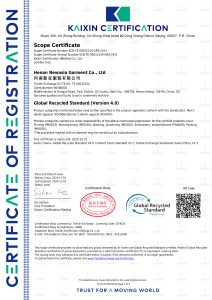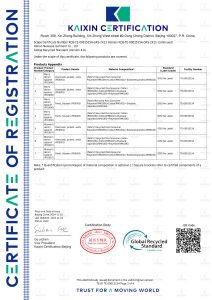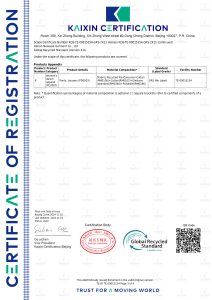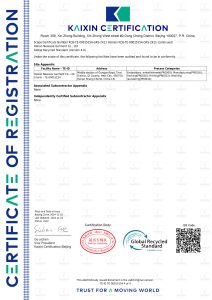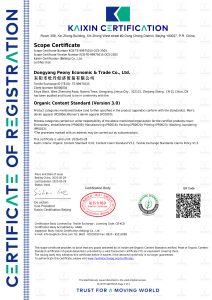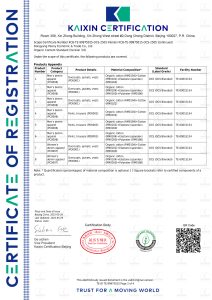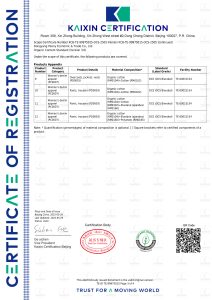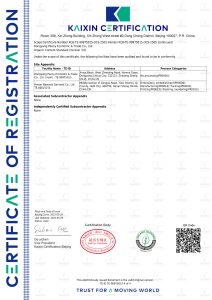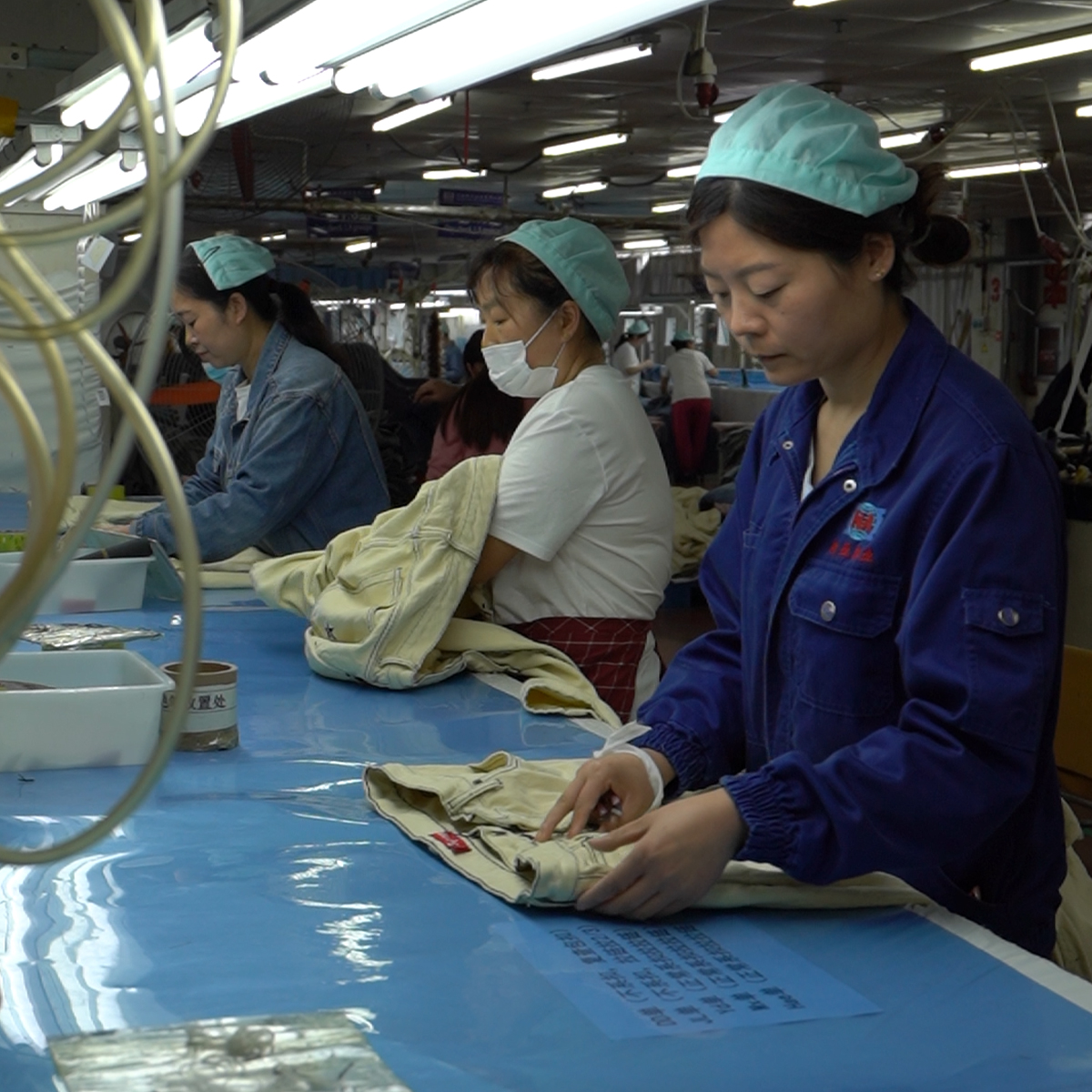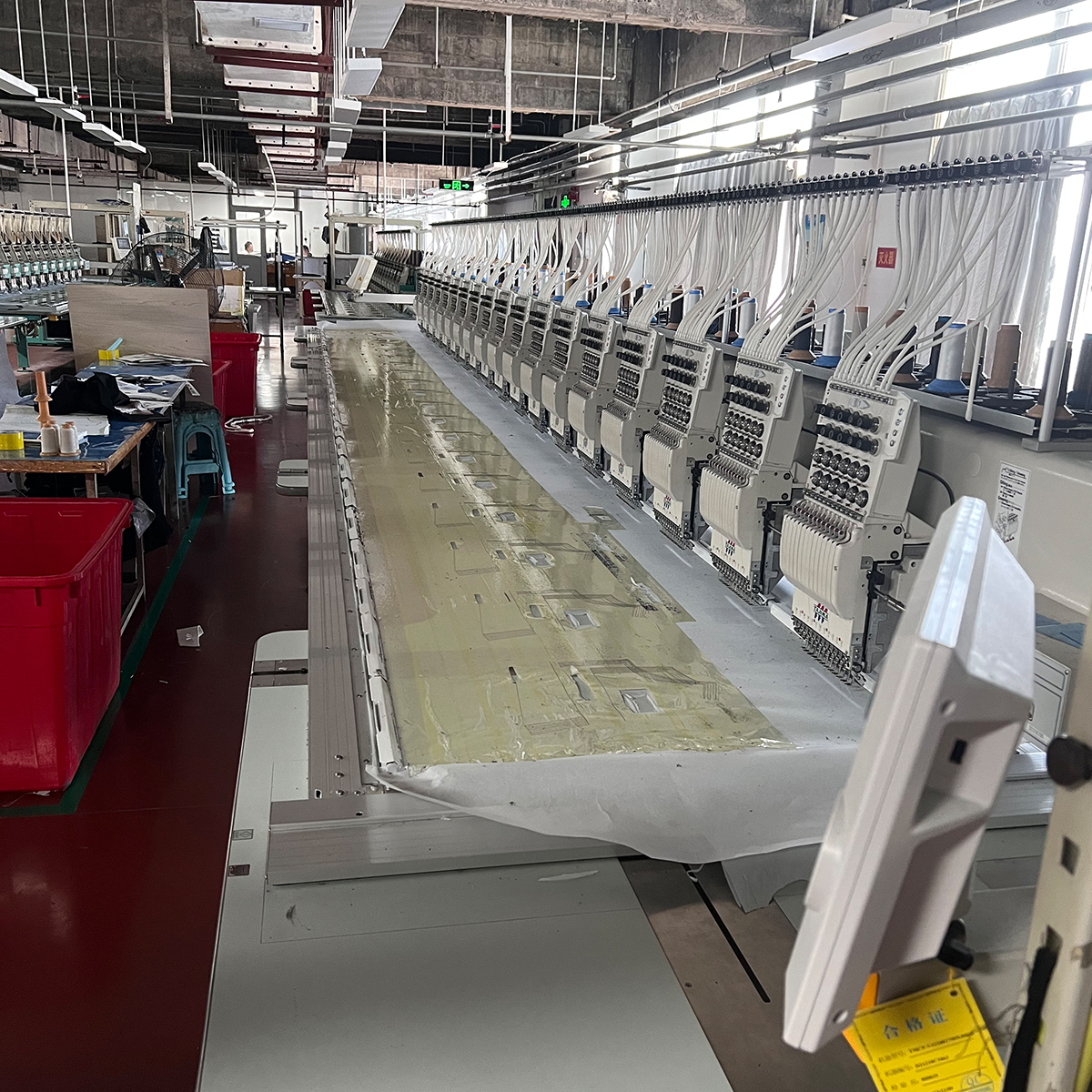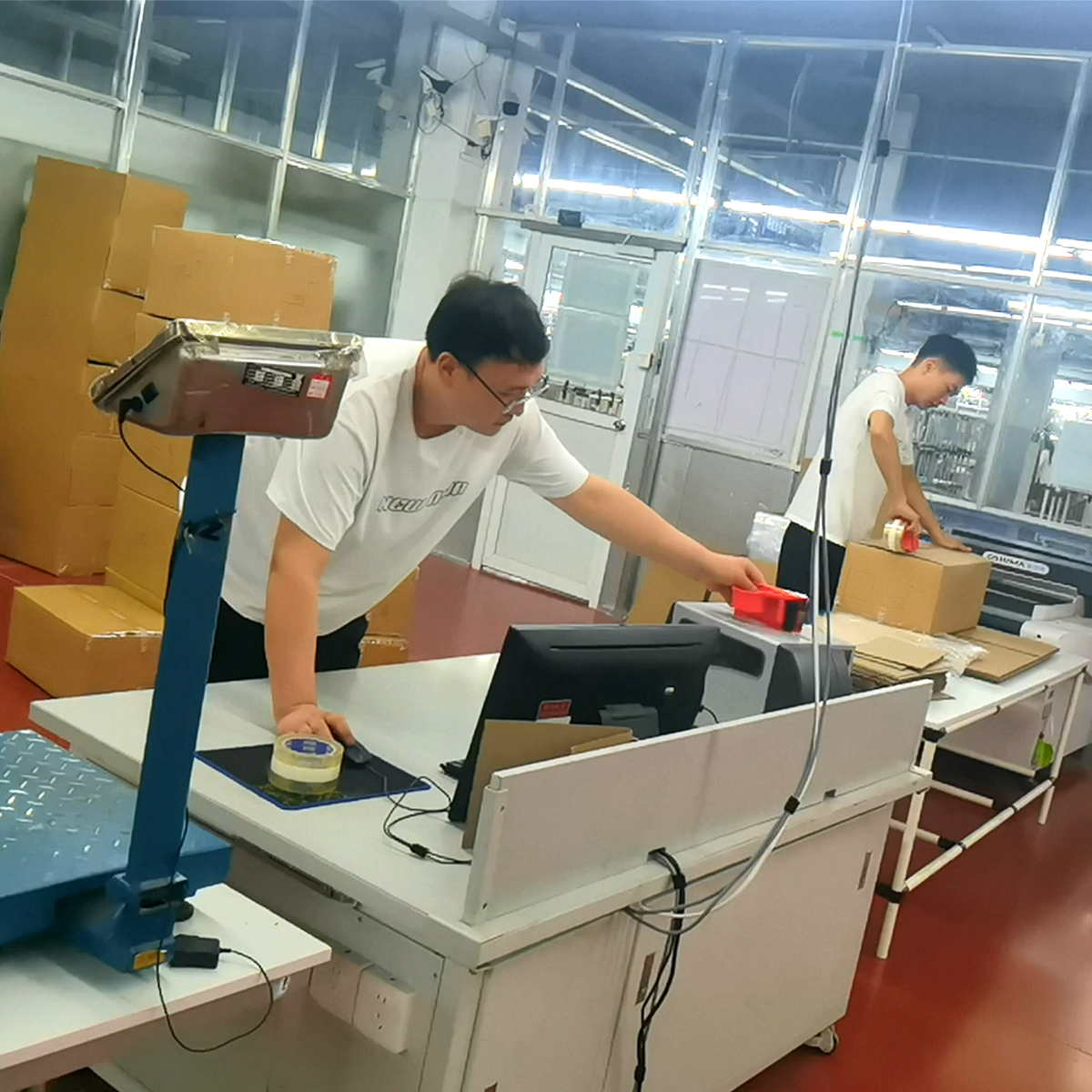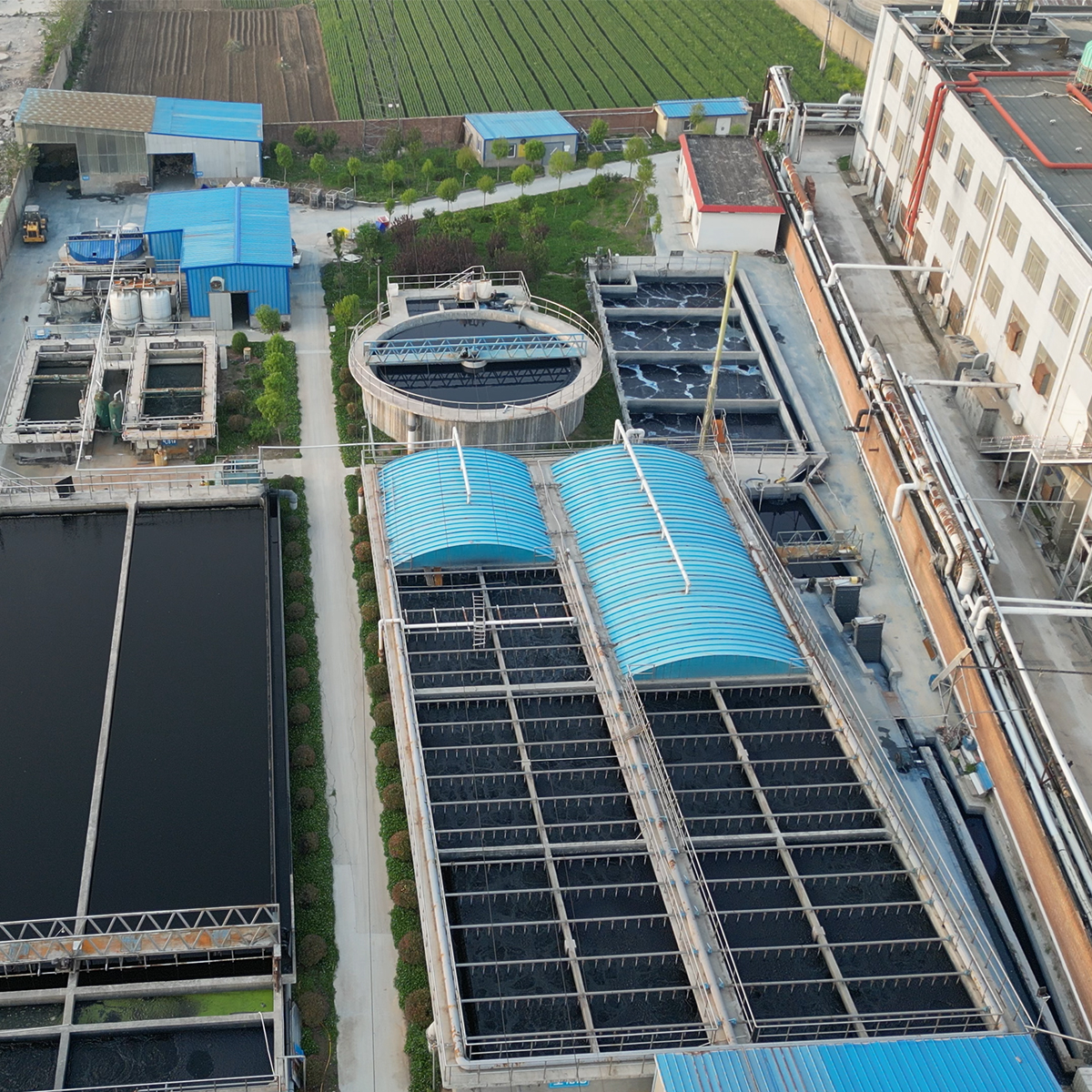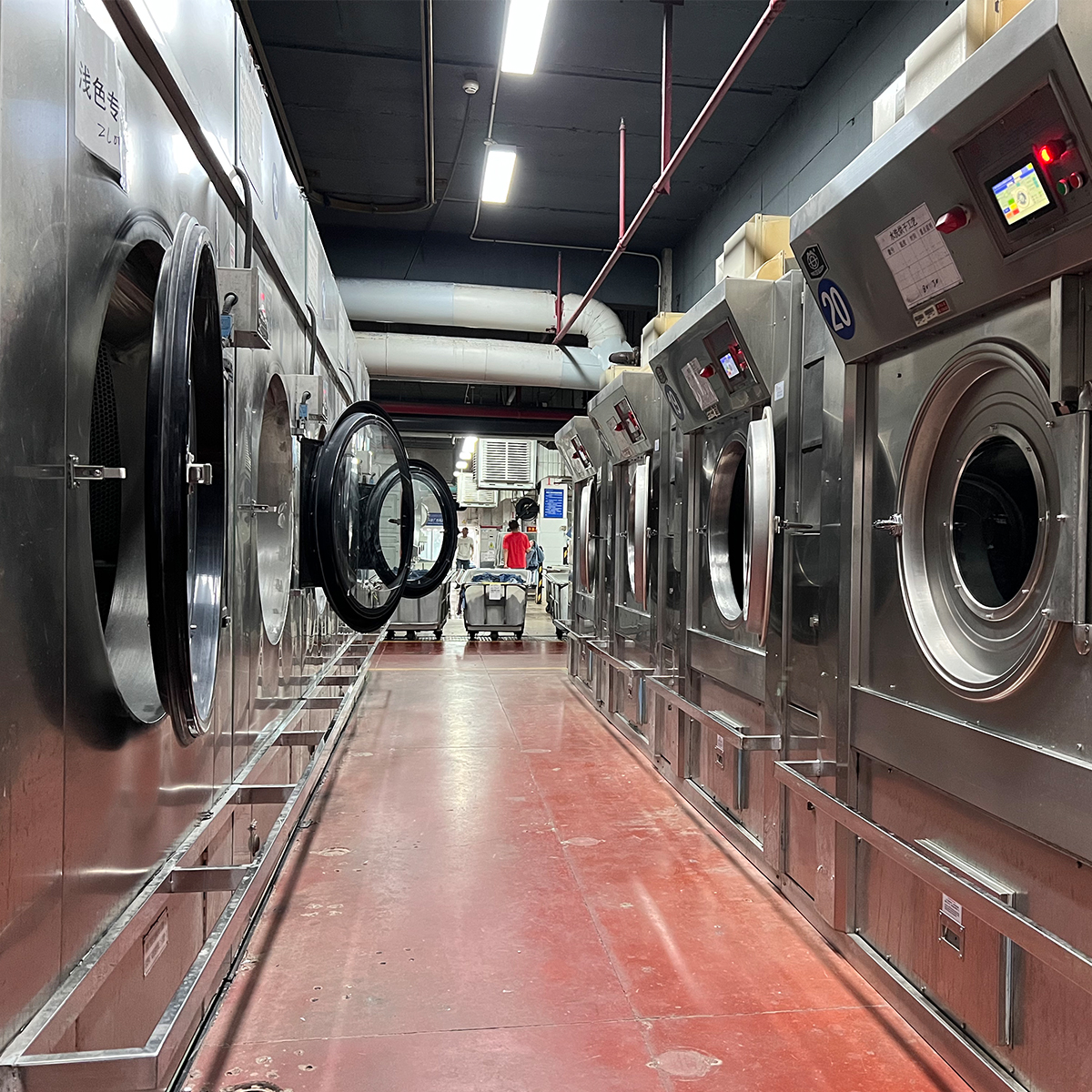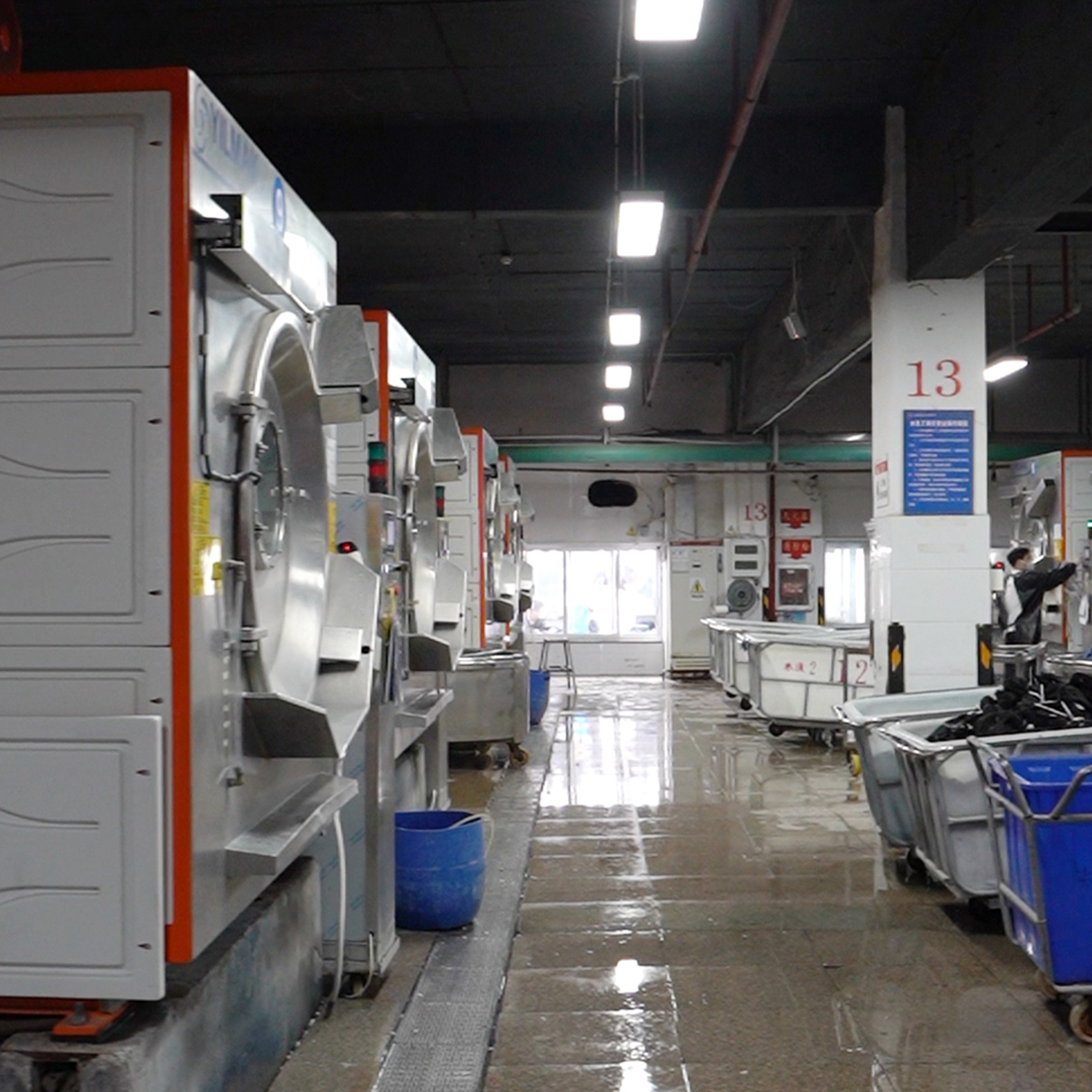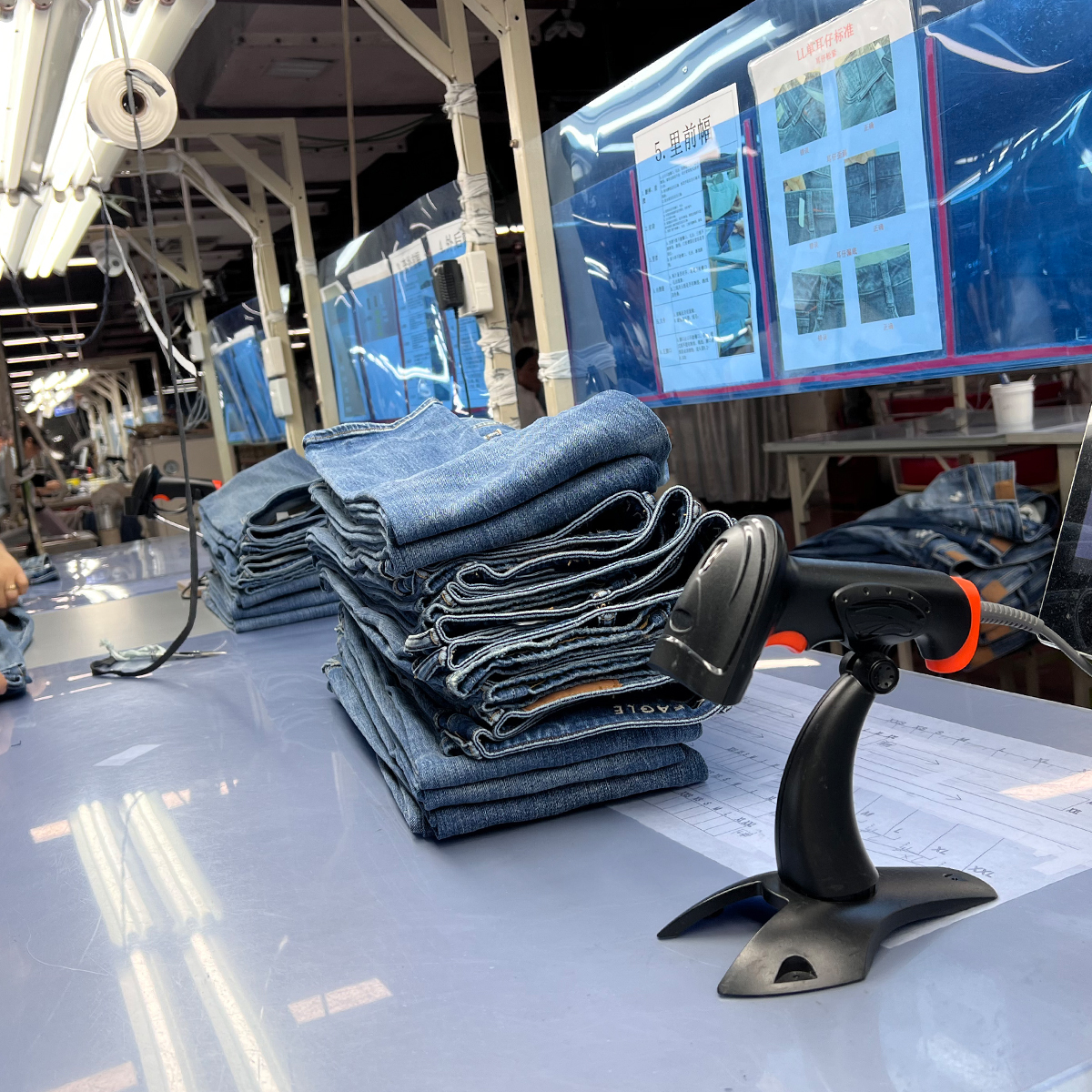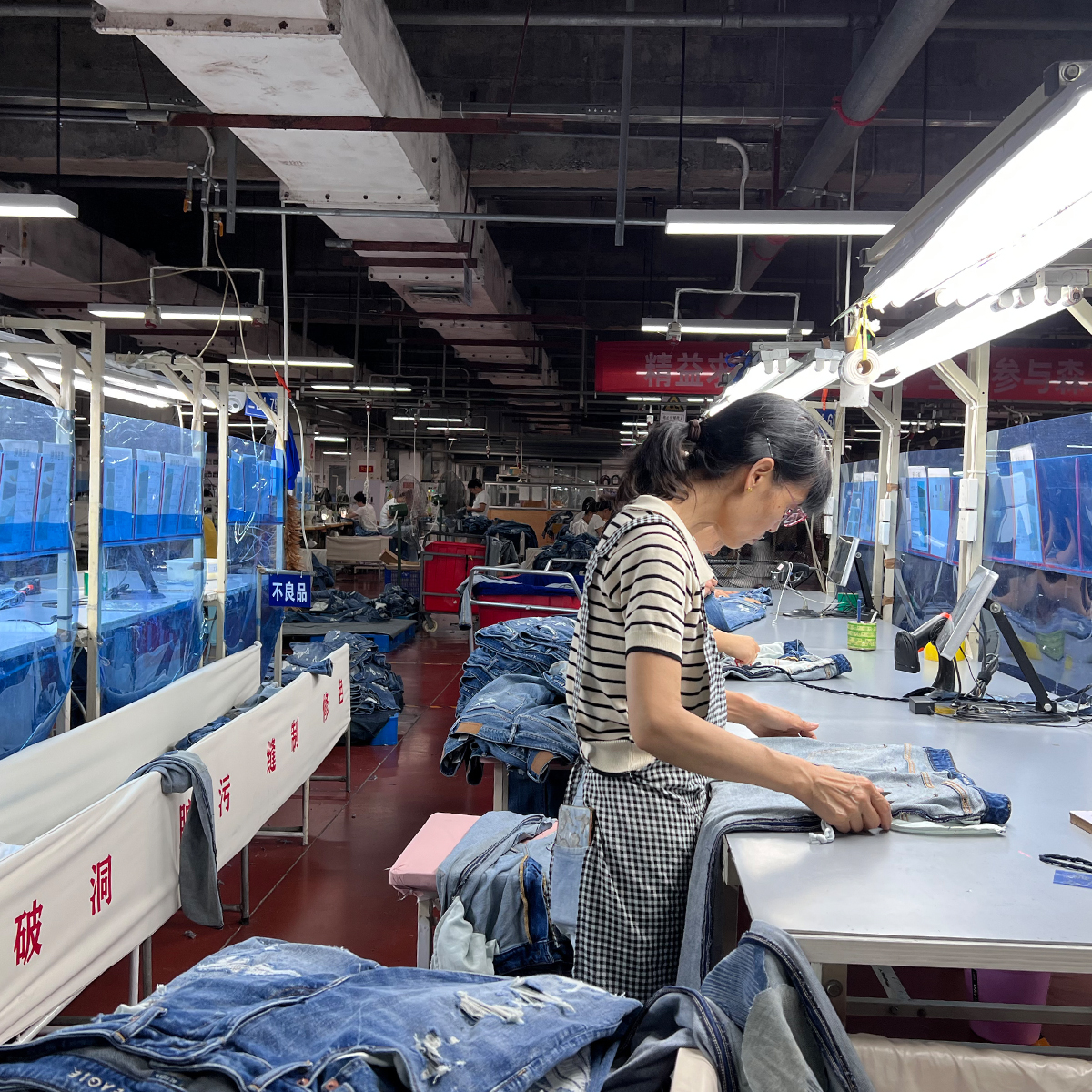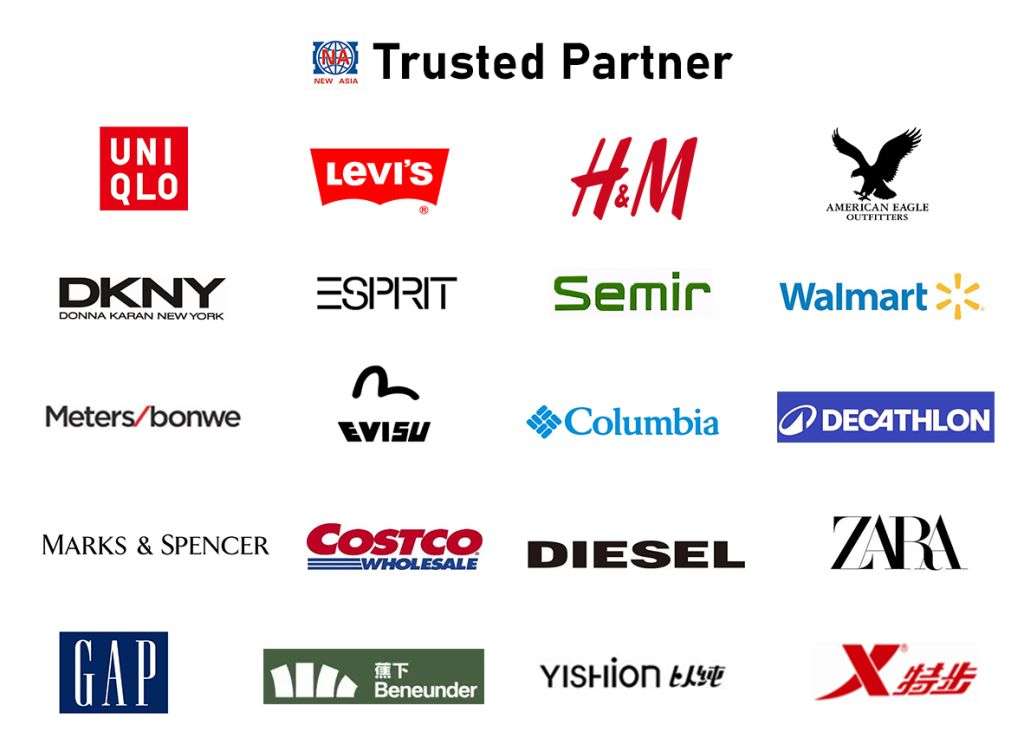When it comes to fashion, denim is an enduring fabric that refuses to fade from popularity. Bulk jeans manufacturing serves a critical role in the apparel industry, catering to retailers, brands, and entrepreneurs looking to provide unique and stylish denim options. This guide is crafted to shed light on the best practices for finding reputable bulk jeans manufacturers and what to consider before selecting a partner for your denim needs.
Understanding Bulk Jeans Manufacturing
Before diving into the selection process for bulk jeans manufacturers, it is essential to understand what bulk manufacturing entails. Bulk manufacturing refers to creating apparel in large quantities, which allows for lower production costs, streamlined processes, and customized designs. For business owners, partnering with a reliable manufacturer can make a significant difference in terms of product quality, delivery timelines, and profitability.
The Importance of Quality in Denim
Denim quality varies widely across manufacturers. Low-quality jeans can lead to customer dissatisfaction, expensive returns, and a tarnished brand reputation. Therefore, it’s critical to find manufacturers that prioritize quality control. Always request samples and evaluate the fabric composition, stitching quality, and overall finish of the jeans. Familiarizing yourself with different types of denim fabric, such as organic, selvedge, and stretch denim can also help you make informed decisions.
Key Factors to Consider When Choosing a Manufacturer
1. Experience and Reputation
Choosing a manufacturer with a solid reputation and years of industry experience can significantly reduce risks. Research potential partners by checking reviews, testimonials, and case studies. Established manufacturers often have a portfolio showcasing their previous projects, which can be a great way to assess their capability. Networking within the industry can also lead to recommendations from fellow designers and retailers.
2. Customization Options
Customization is increasingly essential in the current market, as consumers seek unique products tailored to their preferences. Look for manufacturers that offer a range of customization options. This could include different fits, washes, cuts, and embellishments. Discuss your specific needs upfront to confirm that the manufacturer can accommodate your requests.
3. Minimum Order Quantity (MOQ)
Each manufacturer will have their own Minimum Order Quantity, which dictates how many units you’ll need to order at a time. If you’re a small brand or startup, it’s vital to find a manufacturer with a MOQ that aligns with your business model. Some manufacturers are open to negotiating MOQs or allowing smaller test runs, which can be helpful for emerging brands.
4. Pricing Structure
Price per unit can fluctuate based on various factors, including the fabric used, complexity of design, and overall quantities ordered. While it can be tempting to go for the lowest bidder, consider the cost in relation to quality. Request detailed quotes from multiple manufacturers to gain insight into fair market pricing. Look beyond the price tag; think about the potential long-term savings gained from higher quality production.
5. Ethical Practices
In today’s socially-conscious market, working with manufacturers committed to ethical practices is becoming increasingly important. Investigate the brand’s commitment to sustainable practices, labor rights, and environmentally friendly methods. Certifications such as Fair Trade or GOTS (Global Organic Textile Standard) can indicate a manufacturer’s dedication to responsible sourcing and production.
How to Source Manufacturers
With your criteria established, it’s time to start sourcing manufacturers. There are various avenues to explore:
- Online Marketplaces: Websites like Alibaba, Maker’s Row, and ThomasNet can connect you to thousands of manufacturers globally.
- Trade Shows: Attending fashion and textile trade shows can provide an invaluable opportunity to meet manufacturers in person and assess their offerings firsthand.
- Industry Associations: Joining industry-specific networks or associations can lead to referrals and insights that might not be accessible through conventional methods.
Building a Relationship with Your Manufacturer
Once you’ve selected a manufacturer, it’s essential to cultivate a strong working relationship. Communicate clearly about your expectations and timelines, and ensure that they are on the same page regarding your vision. A collaborative approach can lead to better outcomes and a more streamlined production process. Regularly check in throughout the production cycle to address any potential issues early.
Trends in Bulk Jeans Manufacturing
The jeans market continues to evolve, reflecting shifts in consumer preferences and technological advancements. Here are some current trends to consider:
- Sustainability: More consumers are demanding eco-friendly products. Manufacturers are now sourcing sustainable materials and implementing waste-reducing practices.
- Smart Fabrics: Innovations in fabric technology, such as moisture-wicking, temperature control, and stretch capabilities, are gaining popularity in denim production.
- Fitting Technologies: Advanced fitting technologies through apps or virtual fitting rooms are changing how consumers choose jean fits, which affects how manufacturers produce denim.
Conclusion
In a fashion landscape defined by choices, selecting the right bulk jeans manufacturer demands careful consideration and research. Balancing quality, price, ethics, and customization can set the foundation for a successful partnership that drives your brand forward in the competitive denim market. By staying informed about industry trends and maintaining open communication with your manufacturing partners, you can create not just exceptional jeans but a brand that resonates with customers in an enduring way.



